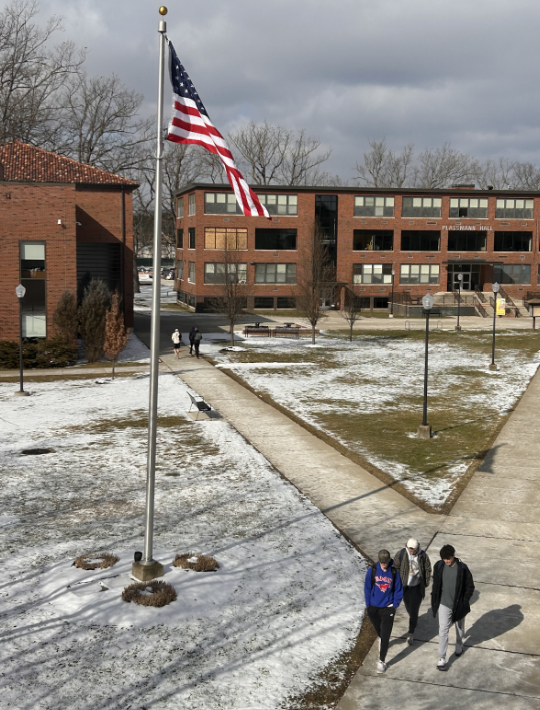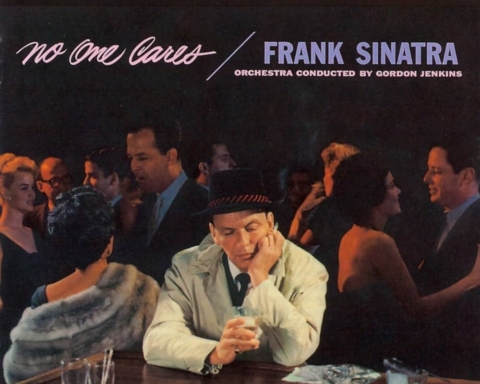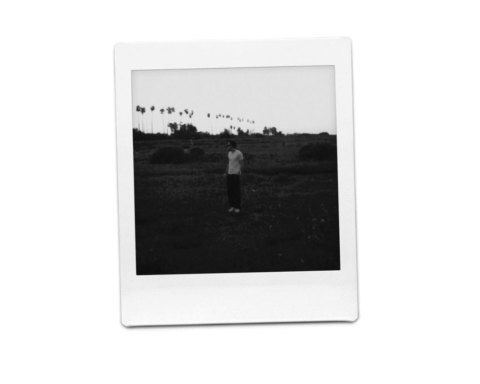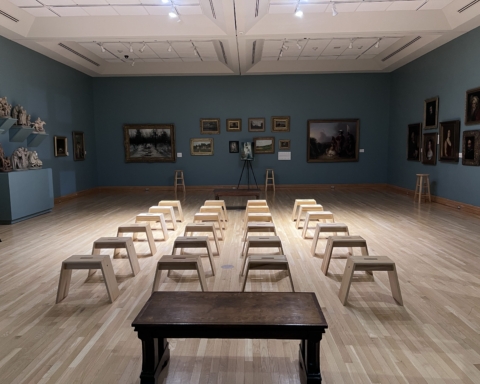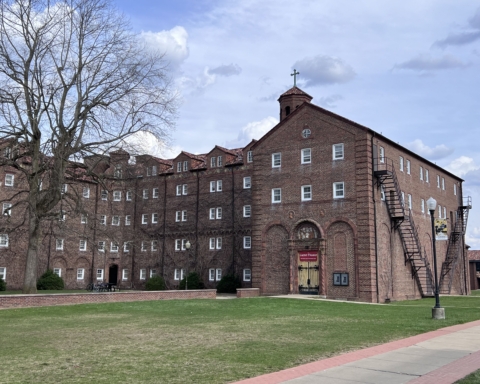Image Courtesy of Alicia Maxwell
By Alicia Maxwell
“It made me feel like this was something they were trained to do.”
This was the reaction of Johnathan Mascaut, the St. Bonaventure University international student coordinator, after watching the four videos released of the events leading to the death of Tyre Nichols.
On Jan. 7, 2023 in Memphis, Tennessee, Nichols, a 29-year-old Black man, was beaten by five Memphis police officers. The officers were part of a unit called the SCORPION unit, street crimes operation to restore peace in our neighborhoods. Three days later on Jan. 10, Nichols died in the hospital. According to the family attorney, Benjamin Crump, he died of extensive bleeding.
Four videos were released weeks later that gave America a blurry view of how a traffic stop led to Mr. Nichols death. The video has gained national attention, even prompting a statement from Rep. Nick Langworthy, who represents New York State’s 23rd district, which Bonaventure falls in.
“I condemn any form of violence in the strongest terms possible and pray Tyre’s family gets the justice they deserve,” Langworthy said in a press release.
Below are the reactions of six members of the Bonaventure community.
Professor Samantha M. Gavin, assistant professor of criminology
“When I hear about these incidents, I try not to judge either side at first because obviously you have to wait for the facts to come out, but the more and more facts that did start to be revealed to the public I think outraged was a key thought that I had.
To the fact that this type of injustice is still occurring is insane to me.
In routine traffic stops, police officers should not be coming up to a car with your gun already drawn.
I actually paused the video and yelled at it. The law enforcement officers alone know how to apply first aid. The fact that it took the EMT’s seven minutes, I still can’t fathom the reasoning for that.
I do think we (as a country) have gotten better. Memphis, for example, acted much quicker than we’ve seen in the past. There have been policies that have been implemented with specific training, more training that has been needed which is nice. I do think we’re gonna continue to see more positive outcomes and more positive aspects with that.
In terms of bystander responsibility, in the Tyre Nichols situation, there’s nothing a bystander can do, obviously except record or call for more help, but in a situation like that bystanders would put themselves in extreme risk to intervene unfortunately.”
Professor Andrew A. Dombeck, lecturer sociology and criminology:
“I received notification via email that the incident had occurred and I immediately did a search on the internet to find what the circumstances were. The first video I watched was the chief of police of Memphis pleading with the community not to destroy their community over this, that they were taking action.
It was sad because once again, it’s happened. Once again there’s been another incident, where somebody has lost their life over law enforcement forgetting their training and then taking that person’s life.
I was concerned because there’s more than just the officers that were there apprehending Tyre, there were the other individuals from the fireman to the medical people that seemed to just stand by and they shouldn’t be doing that. They should be protecting the community, they should be protecting that young man at that time and they did nothing. And they were wrong for that.
I’ve been in law enforcement for 33 years, never in my training where we were taught to kick a man in the head, never.”
Jonathan Mascaut, international coordinator:
“Evidence of something broken with the system is what I saw.
I’m not so much talking about the overhead video, but right from the first video with the traffic stop and how they approached him. The actions of the police made it pretty clear that they felt empowered to be really aggressive with him. I remember telling my wife that I felt like this was personal; this is something that’s not specifically a traffic stop or whatever. It feels to me like something has happened before.
I know that the fact that the police officers who were involved, the main ones involved, were Black and that’s something some people can use. You might not want to call it their training, but that’s the culture, and I feel like it was super obvious throughout.
I’m glad to hear that they dismembered the special unit that they had. I think, if you’re looking at studies it’s been proven that all the special units usually don’t do anything good. They only exacerbate the problem.
The ambulance that I saw arrived there and didn’t do anything.
The inhumanity — the lack of human feelings all those people exhibited is just — I can’t understand that.
There is a law in France where if you see anybody hurt or in danger you have to help them otherwise you’re liable for being sued and persecuted and potentially getting jail time if you don’t help people. The US is a little bit different, I know again back in Oregon, there is specifically a law that protects you as a bystander to not intervene. You would not be subject to any kind of persecution if you did not help anybody. My value system, the way I was raised and everything, if you see somebody in need of help you help them. Regardless of your position you’re supposed to help.”
Tara Kent-Leonard, Director of Sexual Violence Prevention and Education
“I think a gang mentality took over, and I think their supervisor should have been there. A huge part of it is our lack of humanity and we’re just not treating people well anymore as a group.”
And I think one of our biggest issues is that we have really good people that are leaving because they don’t want to be involved in situations and we’re hiring people that maybe don’t have the criteria being met or the training that’s needed for this job.
I think that’s what it is, the good people are leaving and we’re accepting people that maybe aren’t the best candidates sometimes.
Like in many incidents where violence like this happens a different road definitely could have been taken. Like talking them down. So I feel like a lot more of, not social work training, but just knowing how to de-escalate a situation that doesn’t need to become violent. You’re not a judge or an executioner. Your job is to protect and serve.”
Dr. Denny Wilkins, a professor of journalism offers his media perspective
“I think they fired (the clip) too quickly in this sense. Picture yourself as an anchor on CNN and the producer tells you in your ear that ‘we’ve got this film, they released this video from Memphis and we’re gonna play it right now.’ Nobody had a chance to vet the film first. As there is a lot of standing around parts to show the parts that mattered most.
That’s the responsibility of a news organization. First, tell people this is going to be awful to watch. In my opinion, if people are offended, tough.
All in all I’m glad they showed it, but if it was my newsroom I would have told my people we look at it first. I don’t care if we are not the first to show it.”
It is important to continue the dialogue on these topics and beyond to ensure the systemic problems do not continue to be ignored. From Rodney King, to the nine-year-old girl who was pepper sprayed and handcuffed, Breonna Taylor, George Floyd, Akai Gurley, Christian Hall, Zachary Hammond and recently Tyre Nichols. These names are just the few out of the many in American history whose life had been taken away or forever changed due to police brutality and a broken system.

